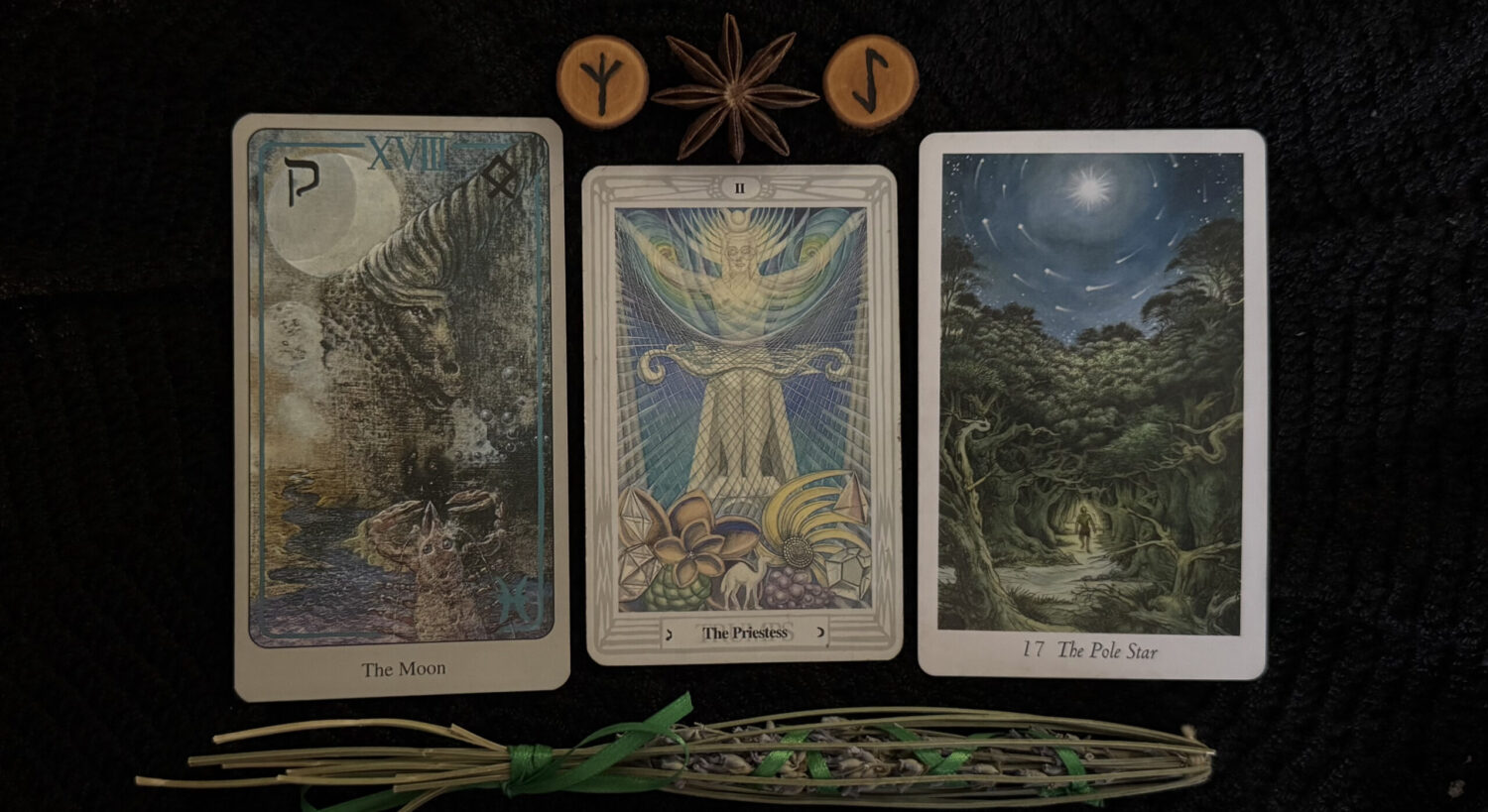Oh my Goddess, I hate writing this, but as a disclaimer, just so everyone knows, I’m not a medical professional of any kind. I’m an individual with some formal herbal training, but most of my studies have been on my own. Most herbalists dearly love herbs and also love to get chatty about this tincture or that tea they’ve just created. But the thing is, herbalists aren’t licensed to practice medicine and when folks ask us what herb to use for which condition, they’re actually asking us to do just that. And unfortunately, if herbalists do this, they potentially create a legal risk for themselves.
Herbalism is heart and spirit based. There is no malpractice insurance available because how on earth would anyone license us? Most of us are no doubt fairly imprecise when making various remedies, so it’s easy to see without standardization, there’s liability in helping others, no matter how much we might want to. For example, I measure everything in parts which can be defined in any way I want. So you can see the problem. If I tell someone how to do something, then I typically say something like, put equal parts of these herbs in a quart jar 2/3 full, pour solvent of choice over it up to the top of the jar. Shake for a month, strain and bottle. So you see, the measurements aren’t exactly precise. In my opinion, they don’t always have to be, but then I’m not a doctor.
For anyone who actually has an herbal practice, before they treat anyone, a clinical history is taken. And it doesn’t matter if it’s a general-type herbalist or one who has a Traditional Chinese Medicine or Ayurvedic practice, they all take a history. Without it, an improper diagnosis could possibly be reached. It’s not always as simple as saying drink some mint tea for an upset stomach, although we’ve all done that. In my case, I formulated a fairly involved tincture for my rheumatoid arthritis. But I’ll never post it because I don’t want the responsibility or liability it would create.
It’s one thing to recommend a mint tea for indigestion, but quite another to give what amounts to medical advice. When I wrote my first book, I was careful to give general information and clearly express that the methods used were my own. It wasn’t written as a how-to manual but as a journal of my own healing process. If others reading it can glean something from it that helps them, then that’s awesome! But I’m not in a position to recommend anything from a legal standpoint.
The other aspect of this concerns the fact that so many of us are on prescribed medications and we have to be aware of any drug interactions with those. Adding herbs to the mix adds more interaction possibilities, and that needs to be monitored carefully by someone in the profession. For that very reason, it’s nearly a crime that herbalism isn’t part of medical training. With so many of us using herbs, our doctors need to be aware of how they work and how to use them in conjunction with allopathic drugs. But sadly, we’re not there yet.
I ran out of options in my treatment, so I chose a different path, researching everything I could find. I persisted, googling everything I could find on rheumatoid arthritis and cannabis preparations. The information is out there for anyone to find. But I only know what works for me. I can’t decide what works for others. I can tell folks how to make various remedies, but it must be up to them to research what they need.
Many people won’t change their lifestyles enough for herbal remedies to work. They continue to engage in unhealthy lifestyles, looking for answers in this pill or that tea. Well, that approach won’t work. Herbs work at the ground level for the most part, so it takes time for them to balance the body’s systems. Although there are definitely herbs for a condition’s acute phase, herbalists are less concerned with treating symptoms and more concerned with how the person developed them. Where is the imbalance? Toning the liver and urinary systems to balance input, assimilation and output is a ground level type of treatment. Drinking dandelion tea does both.
So read a book by Matthew Wood, Susun Weed or Rosemary Gladstar. Dr. JJ Pursell and James Green are also fabulous. The guy herbalists are actually pretty militant about their relationship to all things herbal and are fairly direct about that. You’ll begin to acquire a basic understanding of how herbs work and how they can enhance your life.
Herbalists love to share what they know with others because honestly, it’s so cool when a plant I have growing outside can help more than a prescription drug does. It’s just that we have to be smart about doing so. So I’ll share what I can in the best way I can, but I don’t diagnose or treat conditions other than my own. Okay, my husband’s as well.
Thanks for your understanding..
If anyone intends to either quote something I've written, or intends to post any part of my work, including my videos, on any other site, please ask permission before doing so. Any reposting of my work without permission can be considered as copyright infringement, so please ask. And if I give permission, you MUST clearly reference my name as author and my website. No exceptions. The words an author writes are sacred. Unapproved use is not.
Thank you... Jan Erickson

